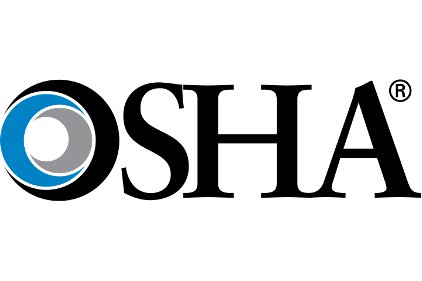 Jordan Barab, deputy assistant secretary at OSHA, give a quick, 20-minute snapshot of his agency’s current priorities on Wednesday, May 7 at an event sponsored by ASSE – “Occupational Safety & Health in Global Workforce Sustainability.” The half-day meeting was held at the National Press Club in Washington, DC.
Jordan Barab, deputy assistant secretary at OSHA, give a quick, 20-minute snapshot of his agency’s current priorities on Wednesday, May 7 at an event sponsored by ASSE – “Occupational Safety & Health in Global Workforce Sustainability.” The half-day meeting was held at the National Press Club in Washington, DC.
Temp worker safety was at the top of Barab’s list. OSHA is concerned about fatalities among inexperience temps, many who will work numerous “first days on the job” in a year. He told the story of one young temporary worker killed within the first hours of his first day at a Bacardi plant while conducting housekeeping beneath dangerous machinery that inadvertently was activated.
OSHA is also worried about high injury rates in the growing health care sector. He said some hospitals have higher injury incident rates than construction sites.
Whistleblower protection is becoming a high priority for OSHA, receiving more budget funding, because, as Barab explained, “OSHA depends on the eyes and ears of employees because the approximately 2,000 state and federal OSHA inspectors can’t come close to covering the country’s eight million worksites. “We want workers to speak up, to be intimately involved in reporting hazards,” he said. Barab added OSHA strongly believes workers should not be punished for reporting hazards or getting hurt on the job if at-risk behavior was not a factor. To encourage employee reporting of hazards and injuries, OSHA has strengthened its whistleblower protections and also discourages incentive programs based on having no injuries, which can lead to hiding injuries.
Finally, Barab said OSHA’s work on the much-discussed and controversial Injury and Illness Prevention Plan (I2P2) has not moved forward “as quickly as we would like. He said companies with the best safety performances are not waiting for the fate of I2P2 to unfold – they are adopting safety and health management systems that emphasize finding and fixing hazards, employee participation, senior leadership involvement, and substantial worker training.




